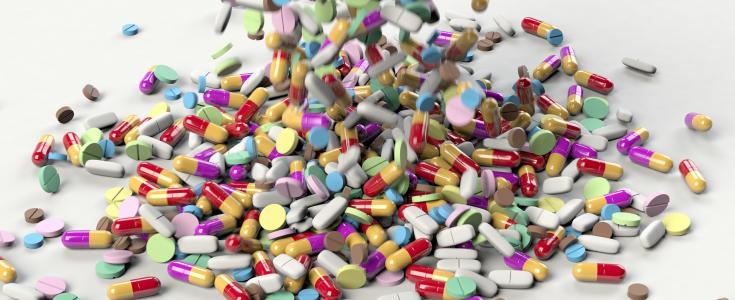Off-Label Medications To Treat Anxiety: What Are They Exactly?
There are many drugs that are prescribed "off-label" to treat anxiety and other mental health conditions, but what does off-label use actually mean?
In short, a drug is considered to be used off-label when it is prescribed in a way that has not been approved by the US Food and Drug Administration (FDA). FDA approval is only given after clinical trials have shown that a drug is safe and effective for treating a particular medical condition. When safety and efficacy have been shown, the FDA and the drug maker create a "label" that describes the drug, its approved dosages and ways to take it, and the medical conditions it's approved to treat. Any time the drug is used in a way that differs from the approved FDA description, it is being used off-label. This can mean it is being prescribed for a different condition, at a different dose, or in a different form (such as a pill instead of an injection).
Off-label use of most medications is legal in the United States, and some drugs seem to be very effective for uses not described in their FDA-approved label. There is often medical evidence available to support new uses for older medications, even these drugs have not gone through the approval process for these new uses. (The approval process is lengthy and can be expensive, and there is little incentive for drug companies to put now-generic drugs through it.)
While off-label use is legal, off-label marketing is not. This means that a drug company cannot market their drug for any use that has not been approved by the FDA, even if there is a reason to believe the drug could be effective for that purpose.
Photo: Pixabay





